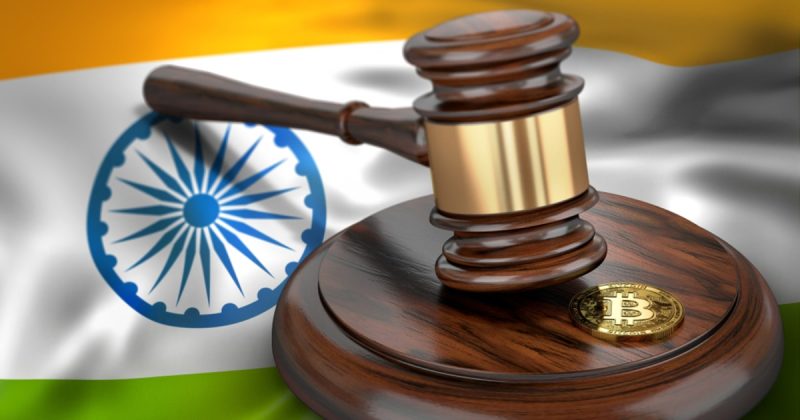India may soon have a clearer understanding of the regulation of crypto assets as the government has stepped up its efforts in that direction. The recent meeting of the Financial Stability and Development Council (FSDC), chaired by Union Finance Minister Nirmala Sitharaman, emphasized the need for a clear consensus on the legality of cryptocurrencies. The message was that regulators must fast-track the initiative.
The Council discussed at length whether to legalize or ban crypto assets, according to two people privy to the discussions.
According to a top official
“The status of crypto assets was among the key agenda discussed in the Council meeting. It was of the view that all ambiguities should be put to rest soon”.
Discussions reportedly focused on two key points: views on a complete ban and who should be the regulator if the government decides to legalize crypto assets. Other options such as a partial ban and allowing a select few crypto products also came up, one of the officials said.
The meeting, attended by financial sector regulators and senior officials, deliberated on the concern over being non-compliant with the Financial Action Task Force (FATF) guidelines. FATF standards ensure a coordinated global response to prevent organized crime, corruption, and terrorism, as well as help authorities go after the money generated from such crimes.
India, like many other countries, is currently not FATF-compliant on crypto assets. FATF requires countries to have a clear stand on legalizing or banning crypto assets.
Views are divided within the government departments on whether crypto currencies should be banned. The Reserve Bank of India, however, has been in favor of a complete ban on crypto assets on account of the risk associated with it.
The FM had recently raised the matter during a meeting with the International Monetary Fund (IMF) managing director Kristalina Georgieva in New Delhi. The minister had said that IMF should play a lead role regarding the regulation of cryptocurrencies and ensure a globally coordinated and synchronized approach on the issue.
Back in April, during the Spring meetings of the IMF and World Bank, Sitharaman had advocated for a global framework to regulate cryptocurrencies, while also warning about the potential risks that they pose in connection with terror financing and money laundering.
Subsequently, the Department of Economic Affairs in the finance ministry had said that the consultation paper on virtual digital assets was almost ready for release. However, it is not clear if the white paper has been submitted.
In December 2021, during the winter session of Parliament, the government had listed the Cryptocurrency and Regulation of Official Digital Currency Bill, 2021, to provide a framework for digital currencies. The bill was never introduced as some sections within the government felt the need for detailed discussions on the subject.
In the Union Budget for 2022-23, the government had defined crypto as virtual digital assets and also imposed a 30 percent tax on gains made from such transactions. It also proposed 1 percent tax deducted at source on all such transactions effective July 1, 2022. The government had clarified that taxation did not imply it was legalizing virtual assets.
In conclusion, the government of India has stepped up efforts to gain a clearer understanding of crypto asset regulation. The recent meeting of the Financial Stability and Development Council discussed whether to legalize or ban crypto assets, and emphasized the need for a clear consensus on the legality of cryptocurrencies. The Reserve Bank of India has been in favor of a complete ban on crypto assets due to the risk associated with it, while views are divided within government departments.
